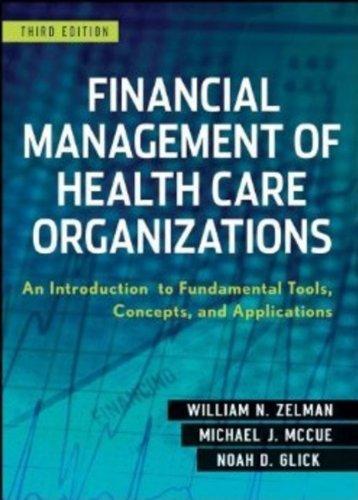Question
Hoosier Technology, Inc. is a producer of printers. Its current line of printers are selling excellently. However, in order to cope with the foreseeable competition
Hoosier Technology, Inc. is a producer of printers. Its current line of printers are selling excellently. However, in order to cope with the foreseeable competition with other similar printers, HT spent $5,800,000 to develop a new line of wifi portable color printers (new model development cost). This new printer model enables users to do printing wherever they need it. Users can do their print jobs wirelessly from their laptop or mobile devices such as smartphone or tablet, using the free HT ePrint app without building a network in advance. The new printer has a 2-inch display and can print in two different modes of capacity the standard input capacity and the maximum (two and a half times as much as standard) input capacity, for cards, sheets, transparencies, photo paper and labels. As this durable and compact printer can be fitted in car or backpack, it adds convenience to printing anywhere. Users can fully charge the printer from home, in their car or office by plugging it in their AC power source for 30 minutes while turning the printer off. The company had also spent a further $1,300,000 to study the marketability of this new line of wifi portable color printers (marketability studying cost).
HT is able to produce the new printers at a variable cost of $100 each. The total fixed costs for the operation are expected to be $8,000,000 per year. HT expects to sell 3,200,000 printers, 4,000,000 printers, 2,800,000 printers, 2,200,000 printers and 1,500,000 printers of the new model per year over the next five years respectively. The new printers will be selling at a price of $150 each. To launch this new line of production, HT needs to invest $33,000,000 in equipment which will be depreciated on a seven-year MACRS schedule. The value of the used equipment is expected to be worth $3,500,000 as at the end of the 5 year project life.
HT is planning to stop producing the existing printers entirely in two years. Should HT not introduce the new printers, sales per year of the existing printers will be 1,500,000 printers and 1,300,000 printers for the next two years respectively. The existing model can be produced at variable costs of $80 each and total fixed costs of $7,500,000 per year. The existing printers are selling for $130 each. If HT produces the new model, sales of existing model will be eroded by 900,000 printers for next year and 1,105,000 printers for the year after next. In addition, to promote sales of the existing model alongside with the new model, HT has to reduce the price of the existing model to $110 each. Net working capital for this new wifi portable color printer project will be 25 percent of sales and will vary with the occurrence of the cash flows. As such, there will be no initial NWC required. The first change in NWC is expected to occur in year 1 according to the sales of the year. HT is currently in the tax bracket of 35 percent and it requires a 15 percent returns on all of its projects. The firm also requires a payback of 4 years for all projects.
You have just been hired by HT as a financial consultant to advise them on this new wifi portable color printer project. You are expected to provide answers to the following questions to their management by their next meeting which is scheduled sometime next month.
What is/are the sunk cost(s) for this new wifi portable color printer project? Briefly explain. You have to tell what sunk cost is and the amount of the total sunk cost(s). In addition, you have to advise HT on how to handle such cost(s).
What are the cash flows of the project for each year?
What is the payback period of the project?
What is the PI (profitability index) of the project?
What is the IRR (internal rate of return) of the project?
What is the NPV (net present value) of the project?
Should the project be accepted based on Payback, PI, IRR and NPV? Briefly explain.
I'm really struggling with this. I have a few correct answers but I'm not sure on the others. Any help is appreciated!

Step by Step Solution
There are 3 Steps involved in it
Step: 1

Get Instant Access to Expert-Tailored Solutions
See step-by-step solutions with expert insights and AI powered tools for academic success
Step: 2

Step: 3

Ace Your Homework with AI
Get the answers you need in no time with our AI-driven, step-by-step assistance
Get Started


